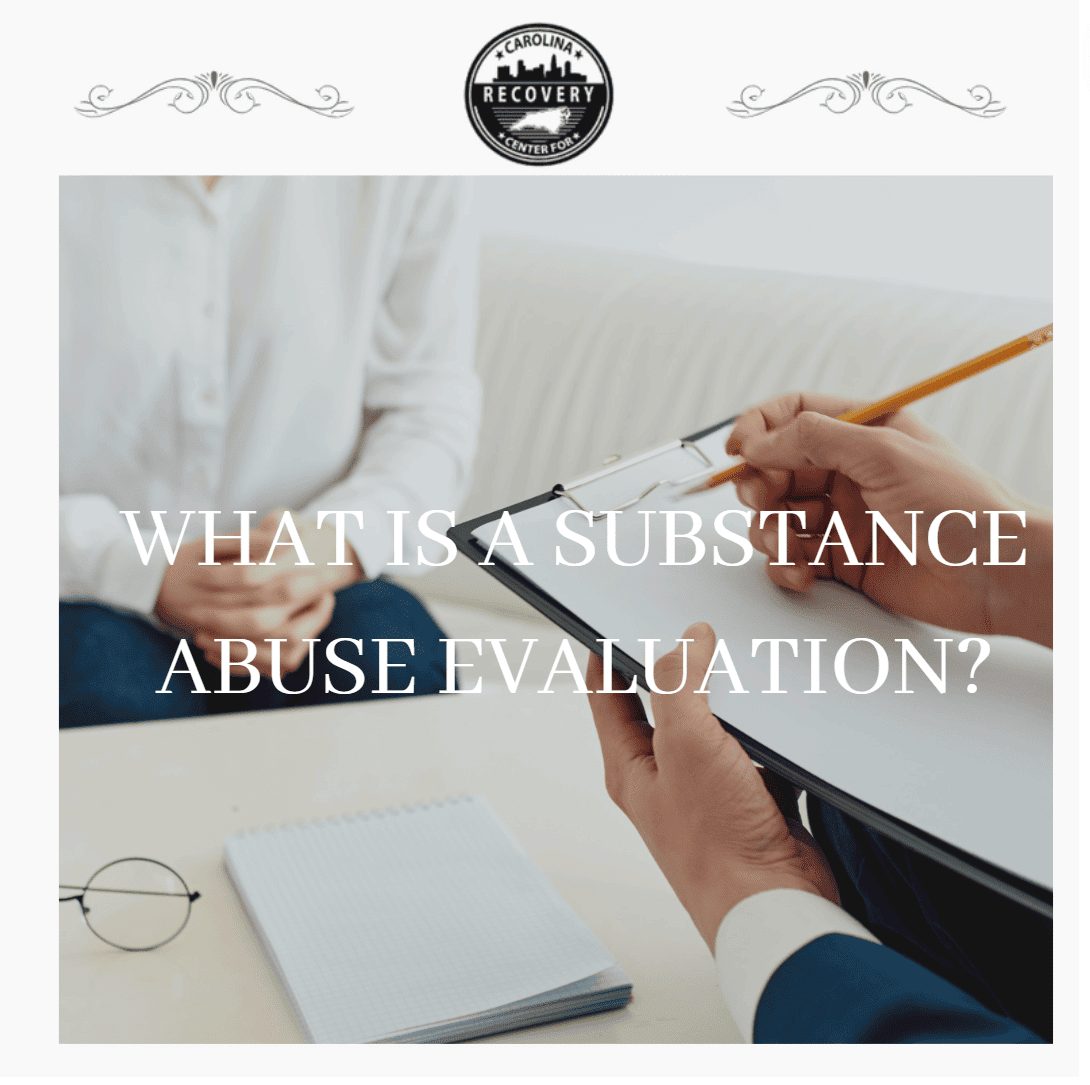What is a Substance Abuse Evaluation?

Medically Verified: 2/1/24
Medical Reviewer
Chief Editor

All of the information on this page has been reviewed and verified by a certified addiction professional.
Addiction is a chronic and progressive disease that requires extensive treatment. According to the National Institutes of Health, “more than 23 million adults in the United States have struggled with problematic drug use.”[1]
Addiction tends to negatively affect your entire life, from your relationships and financial status to your mental and physical health. Because of the damage substance abuse can do, individuals suffering from addiction must seek professional help from a reputable drug rehab program. Addiction treatment centers can provide clients with highly individualized treatment to ensure that all of their needs are met throughout the recovery process.
To create an individualized treatment plan, staff members must evaluate your relationship with drugs and alcohol during an evaluation. This evaluation provides the clinical team with a clear picture of your history with addiction, mental health, and medical conditions, allowing them to create a treatment plan that suits your every need.
What to Expect During a Substance Abuse Evaluation
Substance abuse evaluations are tools that addiction professionals use to determine whether you are suffering from a substance use disorder and how severe your addiction is. When you enter an addiction treatment program, the first thing you will do is complete a substance abuse evaluation.
During the evaluation, you may be asked the following:
- How often do you abuse substances?
- What types of substances do you use?
- How much alcohol or drugs do you use?
- How long have you been using drugs and alcohol?
- Have you ever tried to quit using substances? If so, when was your last attempt?
- Do you have medical conditions that are affected by substance abuse?
- Do you have mental health conditions that are affected by drug and alcohol use?
- Have you ever experienced symptoms of withdrawal when you stopped using substances?
- Do you have a family history of drug abuse or alcoholism?
- Are you currently experiencing financial, relationship, or work-related stressors?
- What is your current living situation? Do you have stable housing?
- Do you have a support system to help you with your recovery from addiction?
- Have you ever been arrested or convicted of a crime?
- Are you currently employed?
- Do you have any hobbies or interests you are involved in?
- What are your goals for treatment?
While most of these questions are centered around substance abuse, the evaluator will want to get information on your mental health as well. This means you will also undergo a psychiatric assessment to determine whether you have mental health conditions that need to be addressed during treatment.
Each drug rehab center may use its own form of assessment, however, most programs use a combination of the following evaluation tools to determine if a person suffers from addiction and mental illness:[2]
- Addiction Severity Index (ASI)
- Alcohol Use Disorder Identification Test
- Mental Health Screening Form III
- Michigan Alcoholism Screening Test
- The Stages of Change Readiness and Treatment Eagerness Scale
- The University of Rhode Island Change and Assessment Scale
- Drug Use Disorder Identification Test
- Psychiatric Research Interview for Substance and Mental Disorders (PRISM)
- Structured Clinical Interview for DSM-V (SCID-5)
- Symptom Checklist-90-Revised
Why are Substance Abuse Evaluations Important?
Substance abuse assessments and psychiatric evaluations provide the staff members at your treatment facility with the information they need to create an individualized plan. When you attend addiction treatment, you want to make sure that the services you are receiving are personalized to your needs and recovery goals. Completing the initial assessments ensures that this is possible.
Even further, when you complete a substance abuse evaluation the doctors will get a good idea of the severity of your addiction. This means they will know how long you’ve been abusing drugs, how often, and what your typical dosage is like. The clinical team will be able to determine whether you need medical detox, how long you should stay in treatment, and what extra services you require (like dual diagnosis treatment or medical assistance in managing conditions).
There are many advantages of substance abuse evaluations, including:
- A comprehensive evaluation of your substance use disorder
- An official diagnosis of substance use disorder
- An assessment of your mental health and a diagnosis if needed
- A highly individualized treatment plan
- Access to addiction recovery services
- Proof to bring to court if you have been court-ordered to attend rehab
- A full picture of your overall health status upon entering treatment
After you complete the evaluation, you will begin the substance abuse treatment process. Depending on the information gathered, you may start at a medical detox program or head straight into inpatient treatment.
Near the end of your treatment plan, you will undergo another follow-up assessment. This evaluation allows you and the staff members to see the progress you have made in the program. Having a physical example of all of the positive changes you have made can improve your self-esteem and show you that you are ready to live an independent and sober life.
Get Evaluated at Carolina Center for Recovery
If you or a loved one suffer from addiction, it’s time to seek help. At Carolina Center for Recovery, we provide all of our clients with an in-depth substance abuse assessment upon arrival. This provides us with a clear picture of their personal needs and treatment goals, allowing us to create a highly individualized addiction treatment plan.
For more information on our highly individualized addiction treatment program in North Carolina, contact Carolina Center for Recovery today.
References:

